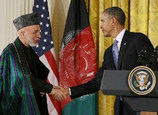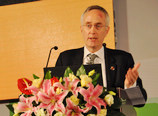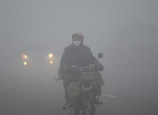
NANCHANG, Jan. 9 (Xinhua) -- Rural doctor Zhang Hua has found it increasingly difficult to run his village clinic over the past few years.
"We can hardly make ends meet," said Zhang, 40, the youngest doctor at a clinic in the village of Lishan in east China's Jiangxi province.
Zhang was honored as an outstanding rural doctor by the Ministry of Health in 2010, partly because of his persistence in serving the village since 1998 while most of his colleagues have chosen to work in urban hospitals.
However, Zhang has attributed the clinic's loss of income to the reform of the national medical care system, which began in 2009 to make medical services more affordable and accessible.
The reforms call for the establishment of a basic medication system, which includes a list of common drugs that must be sold at zero profit by all community-level medical and health care institutions run by the government.
However, rural clinics rely heavily on medication sales due to insufficient government subsidies.
"We have lost two-thirds of our income," said Zhang, adding that many villagers have turned to other institutions to obtain medications that are not included on the government list, as his clinic only offers common medications.

















 Beijing police save female hostage
Beijing police save female hostage


![]()
